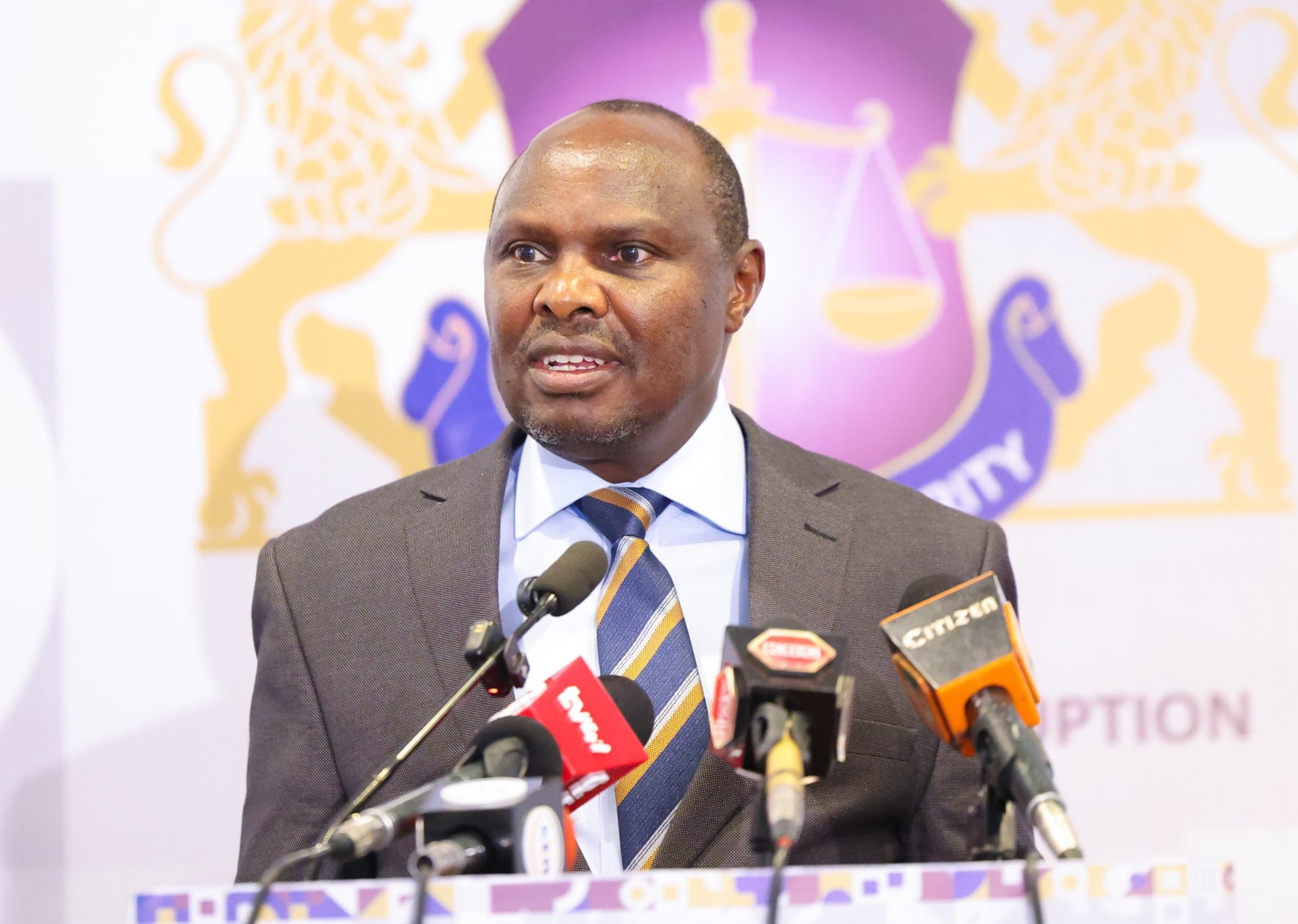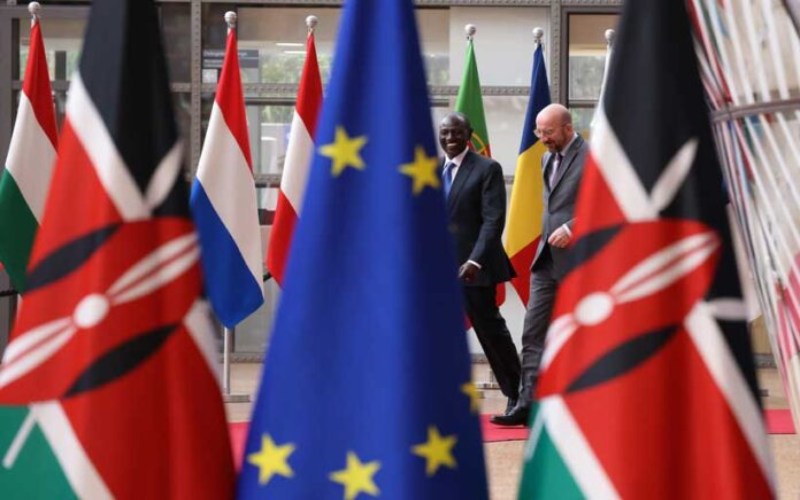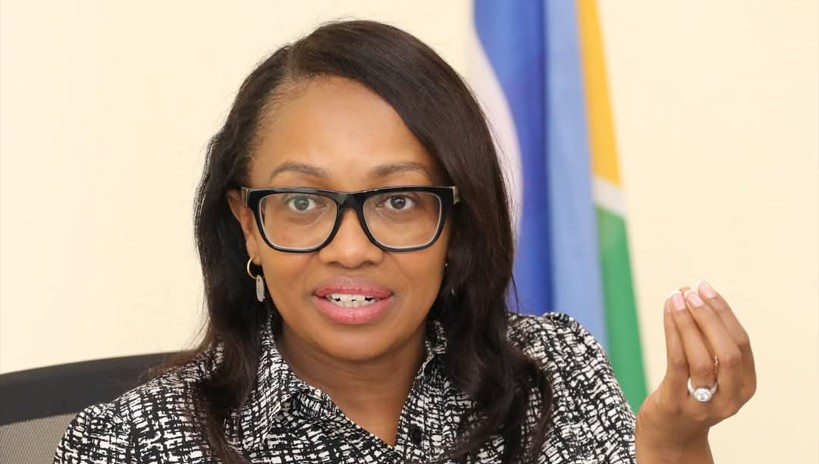Felix Koskei urges coordinated communication in State agencies to curb misinformation

Head of Public Service Felix Koskei said state agencies must adopt innovation, inclusivity, and unity in communication, noting that in the digital age, managing information is central to effective governance.
The Head of Public Service, Felix Koskei, has called on Ministries, State Departments, and Agencies (MDAs) to align their communication efforts to prevent fragmented messaging that could expose the country to misinformation and online manipulation.
Represented by Amos Gathecha during a forum on 'Enhancing Government Communication through Digital Innovation, Artificial Intelligence, and Inclusive Practices', Koskei said state agencies must adopt innovation, inclusivity and unity in communication, noting that managing information is central to effective governance.
More To Read
- SHA transition sparks tension as teachers cite lack of consultation, legal violations
- Auditor General Nancy Gathungu warns of pension losses as government delays remittances
- High Court invalidates State corporation management guidelines limiting PSC
- Head of Public Service Felix Koskei blasts independent commissions for high salaries, poor service delivery
- New Bill seeks to safeguard pensions for dismissed government workers
- Audit exposes civil servants’ mismanagement of millions in imprests across ministries
Koskei said information is a right, not a privilege, and public communication must be designed to reach every citizen.
“Inclusive communication is when every Kenyan from the pastoralist in Turkana to the fisherfolk in Lamu, from the youth in Kibera to the professionals in Nairobi feels heard and understood, then government becomes real, tangible, and alive,” he said.
He added that inclusivity requires the use of sign language interpretation, simplified content, and user-friendly platforms to ensure no citizen is excluded, regardless of literacy or location.
Koskei also highlighted the role of emerging technologies, noting that Artificial Intelligence (AI) can enhance service delivery by providing real-time insights from citizen feedback. He cautioned, however, that AI could also be misused to spread misinformation and deepfakes if not properly regulated.
He pointed out the growing impact of social media, short videos, and other digital platforms in shaping public perception. He referenced the recent Gen-Z protests, mobilised almost entirely online, as an example of how digital spaces have become powerful tools for organising action.
“In this environment, delays or inconsistencies in government messaging create space for alternative narratives, some factual, but many false or deliberately distorted,” Gathecha said.
The Head of Public Service stressed the importance of establishing robust safeguards against misinformation, disinformation, and digital deception, challenging communication officers to take the lead in defending truth in public discourse.
“The story of Kenya must never be told by others on our behalf or distorted by the loudest voices online. It must be told by us in truth, in unity, with clarity and inclusivity. Kenya can only win when the government speaks as one,” he said.
Principal Secretary for Broadcasting and Telecommunications, Stephen Isaboke, urged Cabinet Secretaries and Principal Secretaries to take personal responsibility for making their work visible.
He emphasised that leaders must consistently involve communication officers in meetings and official engagements, arguing that government initiatives can only be properly communicated, understood, and protected from distortion when these teams are empowered.
“Communication officers are the bridge between policy and the people. When leaders carry them along, they make government work visible, strengthen trust, and ensure Kenyans not only see what is being done, but also understand why it matters. Visibility is accountability,” Isaboke said.
The forum brought together principal secretaries and development partners from across the public sector.
Top Stories Today











































